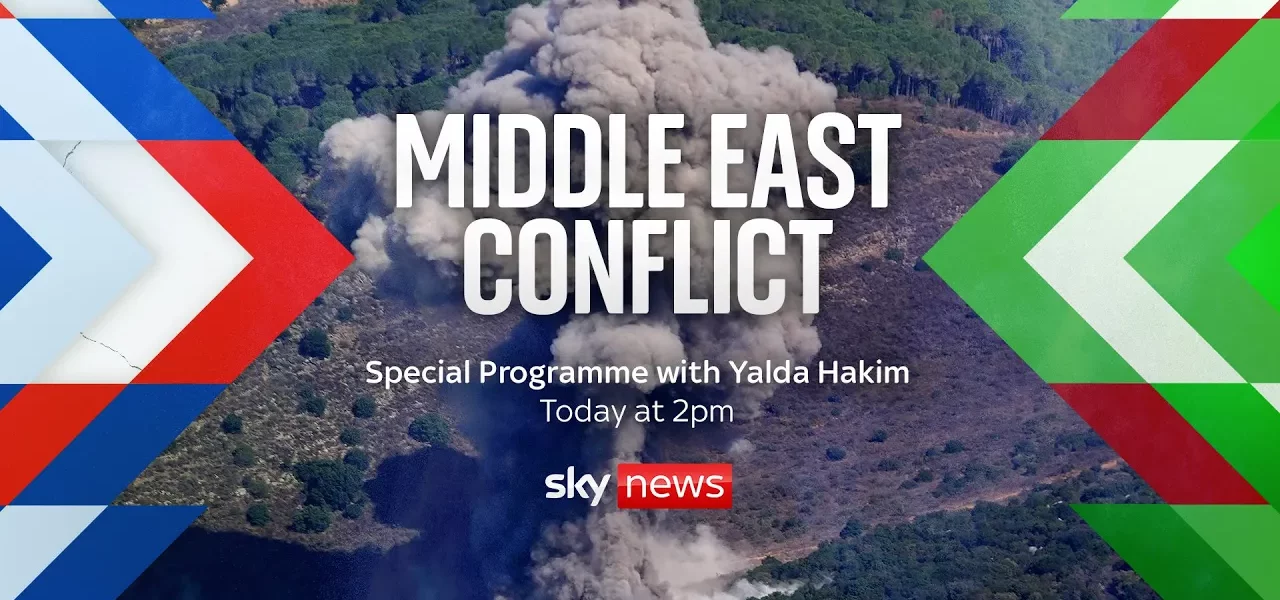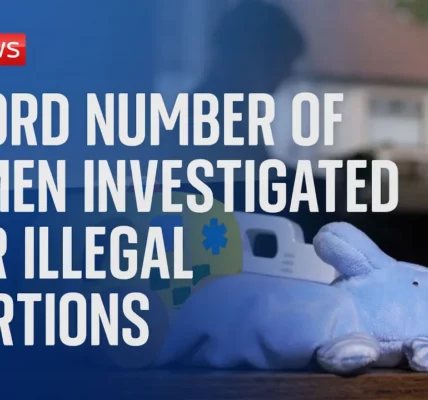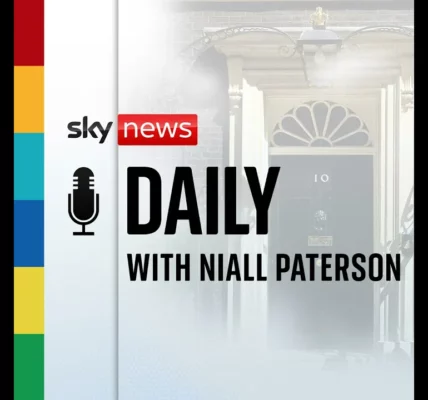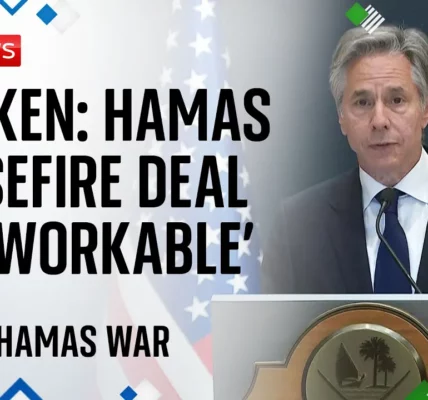Escalating Conflict in Lebanon: A Sky News Special Report

Join Yalda Hakeim live from Beirut as we delve into the ongoing conflict in Lebanon, highlighting the urgent situation facing civilians, military actions, and the international response. As tensions rise, the region stands on the brink of a humanitarian crisis, with world leaders calling for immediate action.
Introduction
The situation in Lebanon has reached a critical juncture, with the ongoing conflict drawing international attention and concern. As of today, the Lebanese Health Ministry reports a staggering death toll of over 700 individuals, including women and children. The realities on the ground present a dire humanitarian crisis, with hundreds of thousands of civilians on the move, escaping relentless bombardments. This report aims to shed light on the multifaceted aspects of this conflict, from military actions to civilian experiences, and the responses from world leaders.
The Current State of Affairs
Lebanon is currently experiencing unprecedented military actions, with Israeli airstrikes intensifying following missile attacks from Hezbollah targeting key locations in Israel. The conflict has escalated dramatically in recent days, leading many to fear a broader regional conflict. The Health Ministry’s reports indicate that the civilian population is bearing the brunt of this violence.
Military Actions and Responses
This week has seen an increase in military activity in Southern Lebanon, as Israeli forces conduct airstrikes aimed at Hezbollah positions. The following points summarize the key military developments:
- Hezbollah launched missiles targeting the Mossad headquarters in Tel Aviv, marking a significant escalation.
- Israeli airstrikes have intensified, focusing on areas believed to house Hezbollah command and missile storage.
- The Israeli Defense Forces (IDF) have increased their military presence along the northern border, preparing for potential ground operations.
Civilian Impact
With the conflict intensifying, the impact on civilians is devastating:
- As reported, the death toll has risen sharply, with many casualties being civilians.
- Displacement is rampant, with hundreds of thousands fleeing their homes seeking safety.
- Emergency services are overwhelmed, struggling to provide basic necessities and medical care to the injured.
Humanitarian Crisis
The humanitarian situation in Lebanon is dire. Many families have been forced to escape the violence with little more than the clothes on their backs. Reports indicate a significant increase in the number of internally displaced persons (IDPs), with estimates suggesting that half a million people have been affected.
Challenges Faced by Displaced Persons
Displaced individuals are facing numerous challenges, including:
- Lack of access to food and clean water.
- Overcrowded shelters that are not equipped to handle the influx of people.
- Increased health risks due to the unavailability of medical facilities.
International Response
World leaders are expressing deep concern over the escalating conflict. Key points in the international response include:
- Calls for an immediate ceasefire and humanitarian aid access.
- Emergency meetings convened at the UN to address the crisis.
- Warnings that the conflict could spiral into a larger regional war.
Voices from the Ground
Civilians caught in the conflict are sharing their harrowing experiences. Many have lost their homes and loved ones, as highlighted by the reports from journalists on the ground.
Testimonies from Affected Families
Accounts from witnesses describe the overwhelming fear and desperation felt by families:
- Fatima, a mother of three, recounted how her home was destroyed, forcing her family to seek refuge in a crowded shelter.
- Individuals have reported witnessing bombings and living under constant threat, with many expressing their frustration over the lack of international intervention.
Conclusion
The situation in Lebanon remains fluid and precarious, with the potential for further escalation looming. As military actions continue and civilian casualties mount, the international community must act swiftly to de-escalate tensions and provide humanitarian assistance. It is imperative that world leaders heed the warnings of experts and take decisive action to prevent a catastrophic outcome. We encourage readers to stay informed and support efforts aimed at aiding those affected by this crisis.
For more updates and in-depth analysis, visit our related articles on the Lebanon conflict and its broader implications in the Middle East.
“`




